Belize Makes Progress in Early Detection of Natural Disasters
Belize is making strides in implementing a new system that will strengthen the country’s disaster preparedness and response. This morning, the National Emergency Response Agency (NEMO) hosted the second workshop for the UN’s Early Warnings for All Initiative which will provide nations across the globe with the technical skills to detect natural disasters in their early stages as to better respond to them. News Five’s Britney Gordon was there this morning for more details.
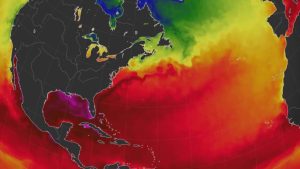 Britney Gordon, Reporting
Britney Gordon, Reporting
When it comes to national disaster preparedness, being able to detect them in their early stages is crucial. This ability aids the public and emergency response teams with coordinating evaluations, gathering supplies and reinforcing shelters. Belize is taking a significant step towards boosting disaster preparedness by hosting the second workshop for the UN’s Early Warnings for All Initiative. National Emergency Coordinator Daniel Mendez tells us how this workshop is furthering the initiative’s progress.
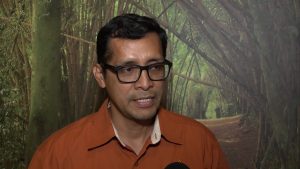
Daniel Mendez
Daniel Mendez, National Emergency Coordinator, NEMO,
“What we’re doing here today is the second part of our implementation of a program called The Early Warnings for All Initiative, which is a program which was created by the United Nations office for disastrous reduction. With the intent to ensure that by the year 2030, everyone on Earth has access to early to an early warning system. So we are in the process of implementing that program here in Belize to ensure that we are a country, able to provide early warning for all hazards to our people.”
 Back in 2022, the UN launched a bold plan to make sure no one is left in the dark when disaster strikes. It’s called the ‘Early Warnings for All’ initiative, and it focuses on four key areas, including understanding risks, improving forecasts, getting the word out fast, and making sure people are ready to act. Jennifer Guralnick from the UN Office for Disaster Risk Reduction explains how this system aims to give every country, big or small, equal access to life-saving early warnings.
Back in 2022, the UN launched a bold plan to make sure no one is left in the dark when disaster strikes. It’s called the ‘Early Warnings for All’ initiative, and it focuses on four key areas, including understanding risks, improving forecasts, getting the word out fast, and making sure people are ready to act. Jennifer Guralnick from the UN Office for Disaster Risk Reduction explains how this system aims to give every country, big or small, equal access to life-saving early warnings.
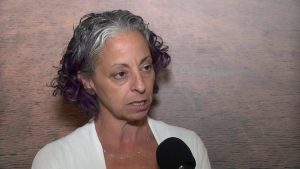
Jeniffer Guralnick
Jeniffer Guralnick, UN Disaster Risk Reduction
“It looks at the part of dissemination and communications of the warnings. And then of course, preparedness of response at the national, at the local levels. So together, UNDRR and WMO lead it. And then for the other pillars, working together with the International Telecommunications Union and with the International Federation of the Red Cross. But that of course brings together the whole UN system in addition to private sector partners in addition to development partners in addition to civil society, academia, et cetera.”
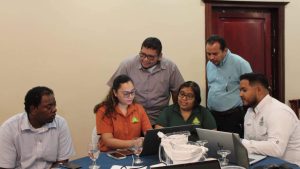 The system will address natural disasters beyond hurricanes. According to Mendez, NEMO will collaborate with other lead organizations utilizing the system.
The system will address natural disasters beyond hurricanes. According to Mendez, NEMO will collaborate with other lead organizations utilizing the system.
Daniel Mendez
“There’s multiple components to this, to this program, and so those are two very good questions. And so the idea really is to ensure that all our partners are, not only NEMO, because what we have in our room today is a group of different partners who all have different roles. So NEMO, as an organization, does not have the lead for every single hazard. For example, if there’s an oil spill we have to work with the lead organization, but the important thing is how do we ensure that information gets to people in a timely manner and also, for them to be able to take action. And so, how do we convene a system that creates that ability for us to provide that to our people.”
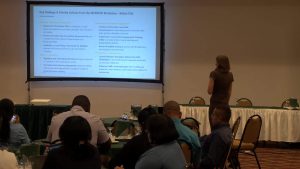 The initiative aims to have all countries across the globe equipped with this technology within the next few years and Belize is right on track with its progress.
The initiative aims to have all countries across the globe equipped with this technology within the next few years and Belize is right on track with its progress.
Jeniffer Guralnick
“So the early warnings for all initiative analytics to make sure that persons everywhere are protected by early warning systems by 2027. So that does respond to the Sendai framework that looks towards 2030, the Sendai framework being for disastrous reduction, and the target G that looks at information and assessments for disastrous reduction, but also of course, early warning systems. That looks for 2030. But this initiative. It was essentially a way to say we need to accelerate action to protect lives, protect livelihoods and ensure that we reach that by 2027.”
Belize’s first natural disaster early detection workshop was held earlier this year, focusing on identifying gaps and strategizing how to fill them. Now, it’s all about implementation and ensuring that Belize is ready for whatever nature brings. Britney Gordon for News Five.




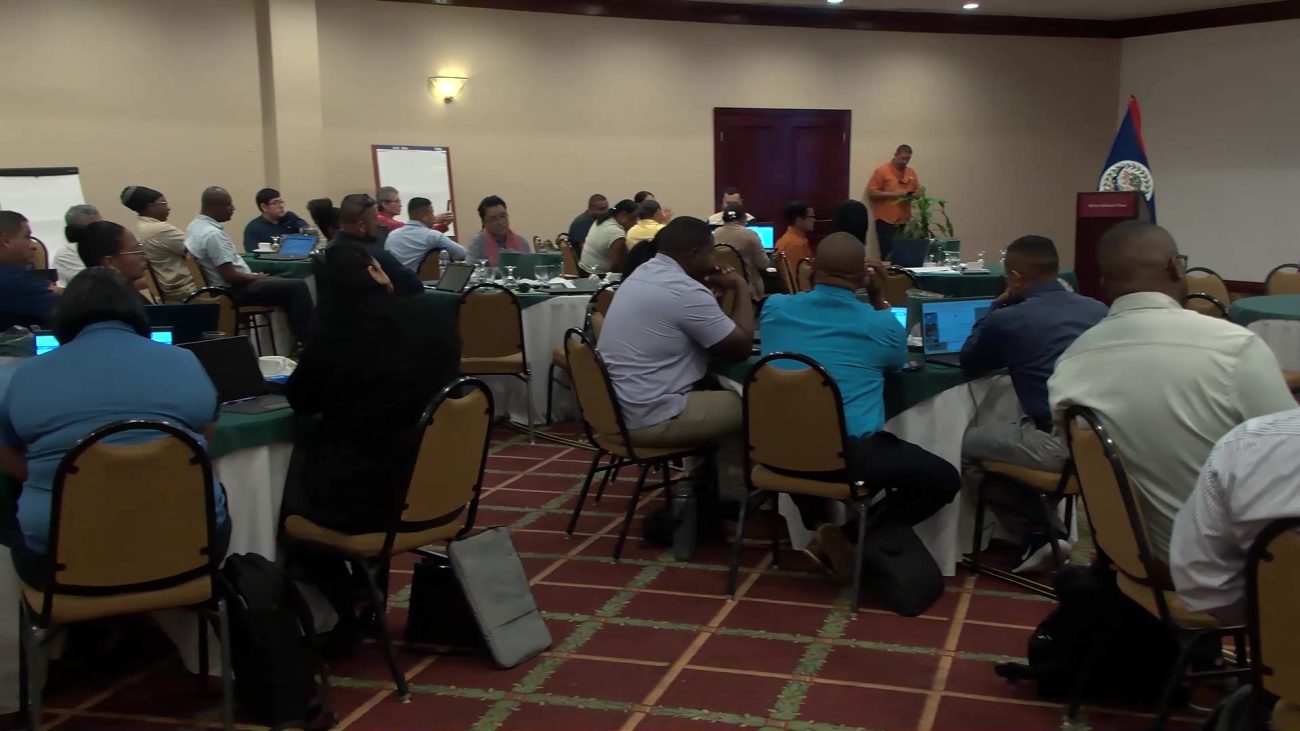

Facebook Comments